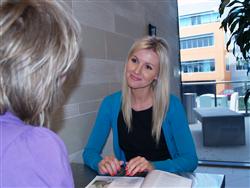Increase your Job Opportunities in Freelance Writing.
Study Advanced Freelance Writing.
Build on your existing skills and knowledge of writing to improve your writing career and opportunies.

Study our Advanced Freelance Writing course will provide valuable skills and insights for students looking to
- Improve their overall technique and develop a more efficient approach to their work.
- Take their skills to the next level through the discipline of a structured study program.
- The course is studied online or by distance learning.
- Learn with writing professionals with decades of experience in the industry.